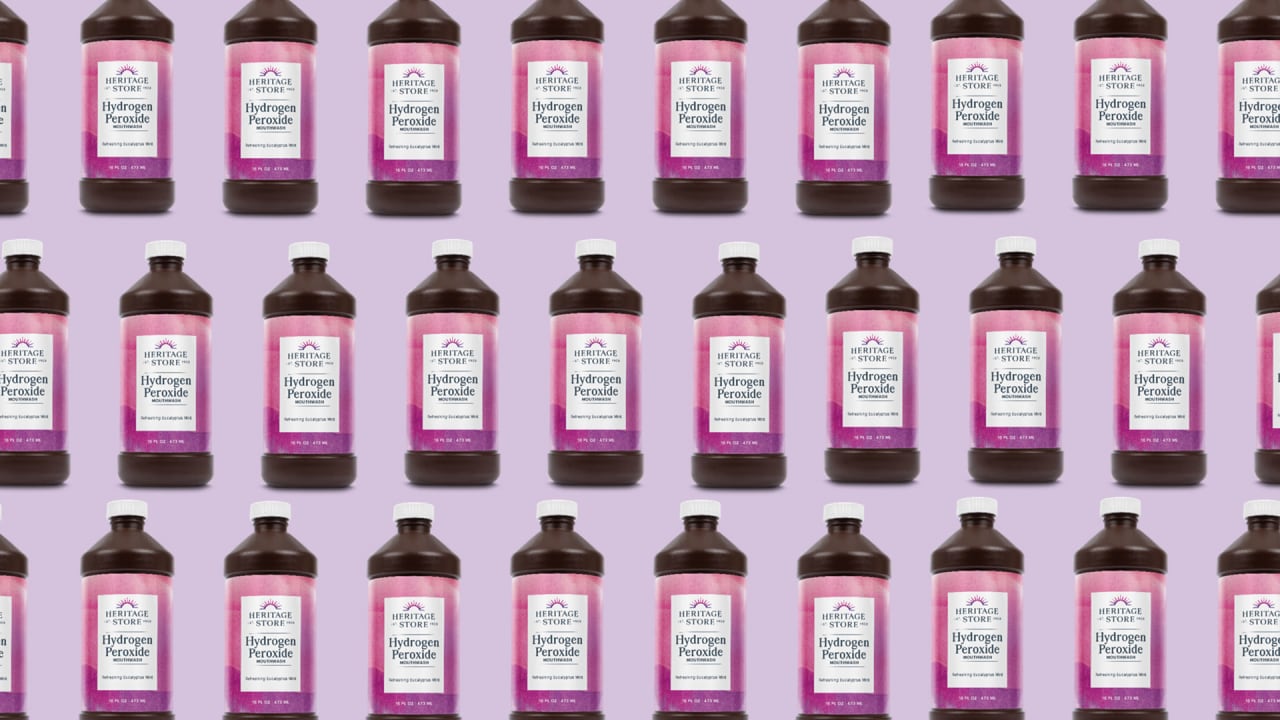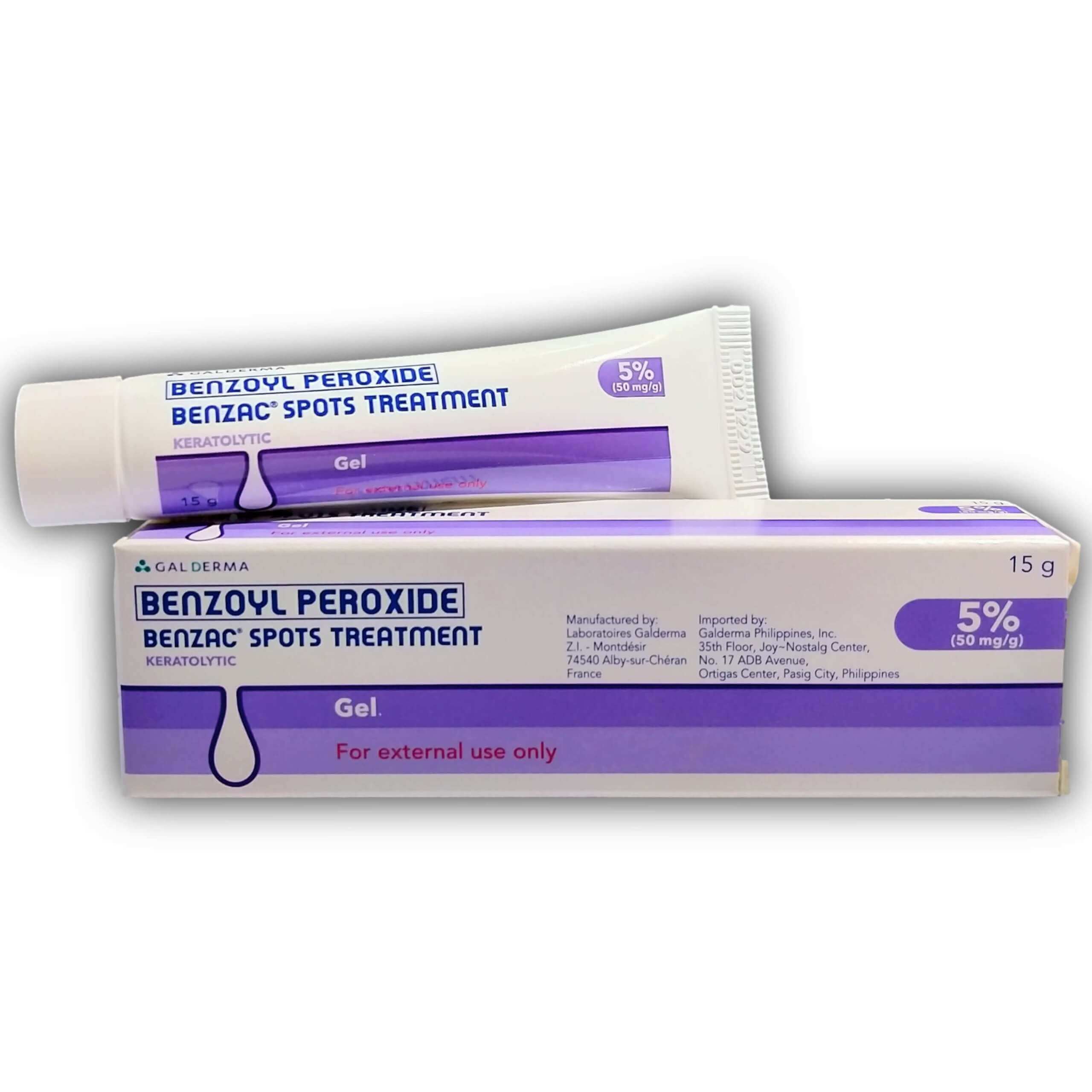Benzoyl Peroxide Recall: A Comprehensive Guide To Understanding The Risks And Impacts
Benzoyl peroxide recall has become a significant concern for consumers and skincare enthusiasts alike. This ingredient, widely used in acne treatments, has been under scrutiny due to potential risks and adverse effects. In recent years, several recalls have been initiated, prompting the need for a thorough understanding of the situation. If you are looking to stay informed about benzoyl peroxide and its implications, this article provides all the essential information you need.
The recall of benzoyl peroxide-based products has sparked widespread debate among dermatologists, skincare experts, and consumers. Many people are left wondering whether these products are still safe to use and what alternatives are available. Understanding the reasons behind the recall and the potential risks involved is crucial for making informed decisions about skincare routines.
This article will delve into the details of the benzoyl peroxide recall, including its causes, the products affected, and the steps being taken to address the issue. By the end of this guide, you will have a clear understanding of the situation and be equipped with the knowledge to protect your skin and overall health.
Read also:Vivica A Fox In Kill Bill A Comprehensive Exploration
Table of Contents
- What is Benzoyl Peroxide?
- Benzoyl Peroxide Recall Overview
- Causes of the Benzoyl Peroxide Recall
- Products Affected by the Recall
- Risks Associated with Benzoyl Peroxide
- Alternatives to Benzoyl Peroxide
- Consumer Safety Measures
- Industry Response to the Recall
- Regulatory Standards and Oversight
- Conclusion
What is Benzoyl Peroxide?
Benzoyl peroxide is a common ingredient in over-the-counter and prescription acne treatments. It works by reducing bacteria on the skin and unclogging pores, making it an effective solution for mild to moderate acne. Despite its popularity, benzoyl peroxide has been associated with certain side effects, including skin irritation, dryness, and in some cases, allergic reactions.
History of Benzoyl Peroxide
The use of benzoyl peroxide in skincare products dates back several decades. Initially praised for its efficacy, the ingredient became a staple in many acne-fighting regimens. However, as research advanced, concerns about its safety began to surface, leading to the current recall situation.
How Benzoyl Peroxide Works
Benzoyl peroxide functions as an oxidizing agent, killing Propionibacterium acnes, the bacteria responsible for acne. Additionally, it helps exfoliate the skin by removing dead skin cells, which prevents pores from becoming clogged. While effective, its harsh properties have raised questions about its suitability for long-term use.
Benzoyl Peroxide Recall Overview
In recent years, several manufacturers have issued recalls for benzoyl peroxide-based products due to potential health risks. These recalls have been prompted by studies indicating that prolonged exposure to benzoyl peroxide may lead to adverse effects, including skin damage and allergic reactions.
Timeline of Recalls
- 2019: Initial recall of certain over-the-counter acne treatments.
- 2021: Expanded recall to include prescription benzoyl peroxide products.
- 2023: Further investigations reveal additional risks, prompting more comprehensive recalls.
Key Players in the Recall
Major skincare brands and pharmaceutical companies have been involved in the benzoyl peroxide recall. These include popular names such as Neutrogena, Clean & Clear, and prescription drug manufacturers. The involvement of well-known brands has heightened consumer awareness and concern about the safety of these products.
Causes of the Benzoyl Peroxide Recall
The benzoyl peroxide recall has been driven by several factors, including new research findings, consumer complaints, and regulatory actions. Understanding these causes is essential for grasping the scope of the issue.
Read also:Unveiling The Truth Tanya Hadens Journey Insights And Impact
New Research Findings
Recent studies have highlighted the potential risks of benzoyl peroxide, including its ability to cause skin irritation, dryness, and in some cases, more severe allergic reactions. Additionally, concerns about its long-term effects on skin health have been raised, prompting further investigation.
Consumer Complaints
Many consumers have reported adverse effects after using benzoyl peroxide-based products. These complaints range from mild irritation to severe allergic reactions, prompting manufacturers to take action and issue recalls.
Regulatory Actions
Health authorities, such as the FDA in the United States, have issued warnings about the potential risks of benzoyl peroxide. These warnings have led to stricter regulations and increased scrutiny of products containing the ingredient.
Products Affected by the Recall
A wide range of benzoyl peroxide-based products have been affected by the recall, including both over-the-counter and prescription treatments. Consumers are advised to check product labels and consult with healthcare professionals to ensure safety.
Over-the-Counter Products
- Neutrogena Oil-Free Acne Wash
- Clean & Clear Advantage Acne Spot Treatment
- CeraVe Acne Foaming Cream Cleanser
Prescription Products
- Benzac AC
- BenzaClin
- Epiduo
Risks Associated with Benzoyl Peroxide
The risks associated with benzoyl peroxide use are significant and should not be overlooked. While the ingredient is effective in treating acne, its potential side effects make it a contentious choice for skincare routines.
Common Side Effects
- Skin irritation
- Dryness
- Redness
- Peeling
Potential Long-Term Effects
Prolonged use of benzoyl peroxide may lead to more severe side effects, including skin discoloration, increased sensitivity to sunlight, and in rare cases, allergic reactions that require medical attention.
Alternatives to Benzoyl Peroxide
For those seeking safer alternatives to benzoyl peroxide, several options are available. These alternatives offer effective acne treatment without the associated risks, making them a popular choice among consumers.
Natural Remedies
- Tea tree oil
- Aloe vera
- Witch hazel
Prescription Alternatives
- Topical retinoids
- Salicylic acid
- Clindamycin
Consumer Safety Measures
To protect yourself from the potential risks of benzoyl peroxide, it is essential to take proactive safety measures. These measures include checking product labels, consulting with healthcare professionals, and staying informed about the latest developments in the skincare industry.
Checking Product Labels
Always read product labels carefully to identify the presence of benzoyl peroxide. If you are unsure about the safety of a product, consult with a dermatologist or pharmacist for guidance.
Consulting Healthcare Professionals
Seek advice from healthcare professionals before using any new skincare product, especially if you have sensitive skin or a history of allergic reactions. Their expertise can help you make informed decisions about your skincare routine.
Industry Response to the Recall
The skincare industry has responded to the benzoyl peroxide recall by taking several measures to address consumer concerns and ensure product safety. These measures include reformulating products, enhancing safety standards, and increasing transparency in labeling.
Product Reformulation
Many manufacturers have reformulated their products to reduce or eliminate benzoyl peroxide, offering safer alternatives for consumers. This effort demonstrates the industry's commitment to prioritizing consumer safety and well-being.
Enhanced Safety Standards
Stricter safety standards have been implemented to ensure the quality and safety of skincare products. These standards are enforced by regulatory agencies and require manufacturers to conduct rigorous testing before bringing products to market.
Regulatory Standards and Oversight
Regulatory agencies play a crucial role in ensuring the safety and efficacy of skincare products. These agencies set standards, conduct inspections, and issue guidelines to protect consumers from harmful ingredients like benzoyl peroxide.
Role of the FDA
In the United States, the FDA is responsible for regulating skincare products and ensuring their safety. The agency monitors product recalls, investigates complaints, and issues warnings when necessary to protect public health.
International Standards
Regulatory standards for skincare products vary by country, but many nations collaborate to establish global guidelines. These guidelines help ensure consistency in product safety and quality across borders.
Conclusion
The benzoyl peroxide recall highlights the importance of staying informed about the ingredients in your skincare products. By understanding the risks associated with benzoyl peroxide and exploring safer alternatives, you can make informed decisions about your skincare routine. Always consult with healthcare professionals and stay updated on the latest developments in the skincare industry to ensure your safety and well-being.
Take action today by checking your skincare products for benzoyl peroxide and considering safer alternatives. Share this article with friends and family to help spread awareness about the recall and its implications. Together, we can promote safer skincare practices and protect our health.


